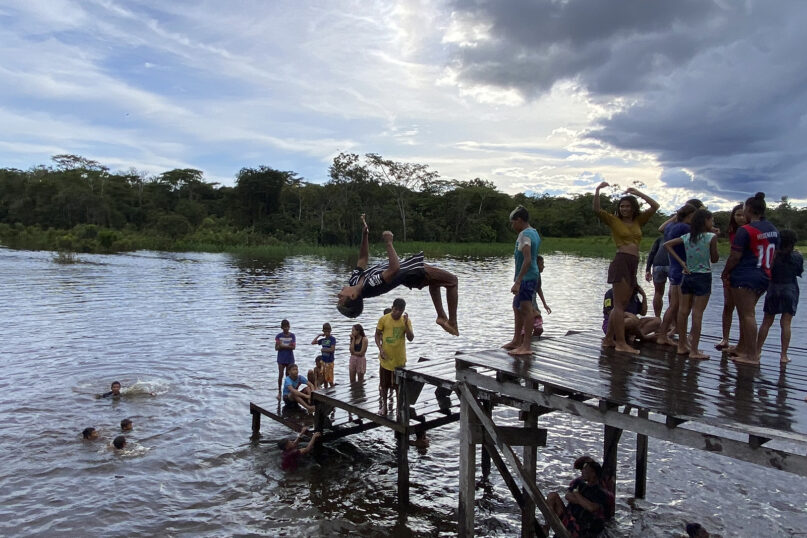SÃO PAULO (RNS) — A group of Turkish Muslims has been accused of human trafficking after allegedly persuading poor Indigenous families in Brazil’s Amazon region to let their boys learn Turkish and Arabic and how to study the Quran before sending them to Turkey.
The young Amazonians were allegedly subjected to severe discipline and given new names and forbidden to use their own, the police reported. Their families were convinced that the chance to study at universities abroad would improve their lives and didn’t suspect that their children would be badly treated.
When the police intervened, 15 boys were living with the group.
While the case has caused outrage, Muslims have criticized the media’s rapt coverage as Islamophobic, given that the Turkish group’s alleged operation was not so different from what many Christian churches have been doing for decades, some analysts said.
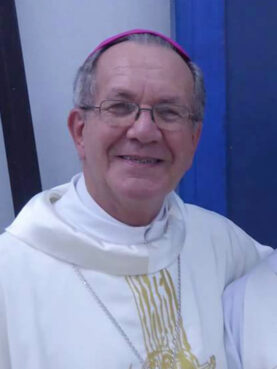
Bishop Edson Damian. Photo courtesy of Diocese of São Gabriel da Cachoeira
One of the first people to raise an alarm was Catholic Bishop Edson Damian of São Gabriel da Cachoeira. The city, located near the border with Colombia and Venezuela, is mostly populated by Indigenous people such as the Baniwa and the Tukano.
“I once visited the family of a seminarian. His aunt told me that boys and teenagers of the region were studying in Turkey. I saw the pictures of the Indigenous boys, dressed as if they were Turkish,” he recalled.
Damian brought his concerns to the federal police, he said, but nothing was done. He then contacted Sister Roselei Bertoldo, a longtime human rights activist and member of the Um Grito pela Vida (“A Cry for Life”), a network of Catholic nuns who work to prevent human trafficking.
“The question was first taken to the police in 2019. Last year, we reported the situation again. Only in 2023 did the federal police assume the case,” Bertoldo told Religion News Service.
The boys were all residents of the Taracuá community in São Gabriel da Cachoeira. Most of them are part of the Tukano people. Some were only 8 years old, she said.
“Apparently, they were submitted to a long period of preparation. They would only leave Brazil when they were already speaking Turkish. That is why they spent a long time in Manaus (capital of the Brazilian state of Amazonas) and then in São Paulo,” Bertoldo affirmed.
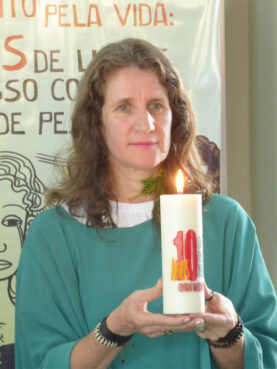
Sister Roselei Bertoldo. Photo via TalithaKum.info
Bertoldo said that the father of one youth was so excited about his son’s opportunity that he prompted other Taracuá families to send their children too.
“Some families still think everything is OK and see the Turkish group as their saviors. One of the mothers said to me: ‘Sister, when we have an opportunity like that we celebrate. Here, the only thing there is for our sons is alcohol,’” Bertoldo affirmed.
With a weak economy, São Gabriel da Cachoeira offers few work opportunities for local youth. Most people work on the land, while a few young men join the military. Alcoholism is a serious problem in rural Indigenous communities, while city residents have seen the number of drug addicts growing in recent years.
In July, five Indigenous boys were extradited from Turkey after being detained for three weeks because they did not have a proper visa. Abdulhakim Tokdemir, the leader of the Turkish group, came back to Brazil with them and is now under police investigation. The boys went back to Taracuá, but Bertoldo said that the Turkish missionaries have told people they only returned for a vacation.
But the Brazilian justice department has canceled powers of attorney the families assigned to the Turkish men. The National Indigenous Foundation (known as FUNAI), the governmental Indigenous agency, is monitoring the case.
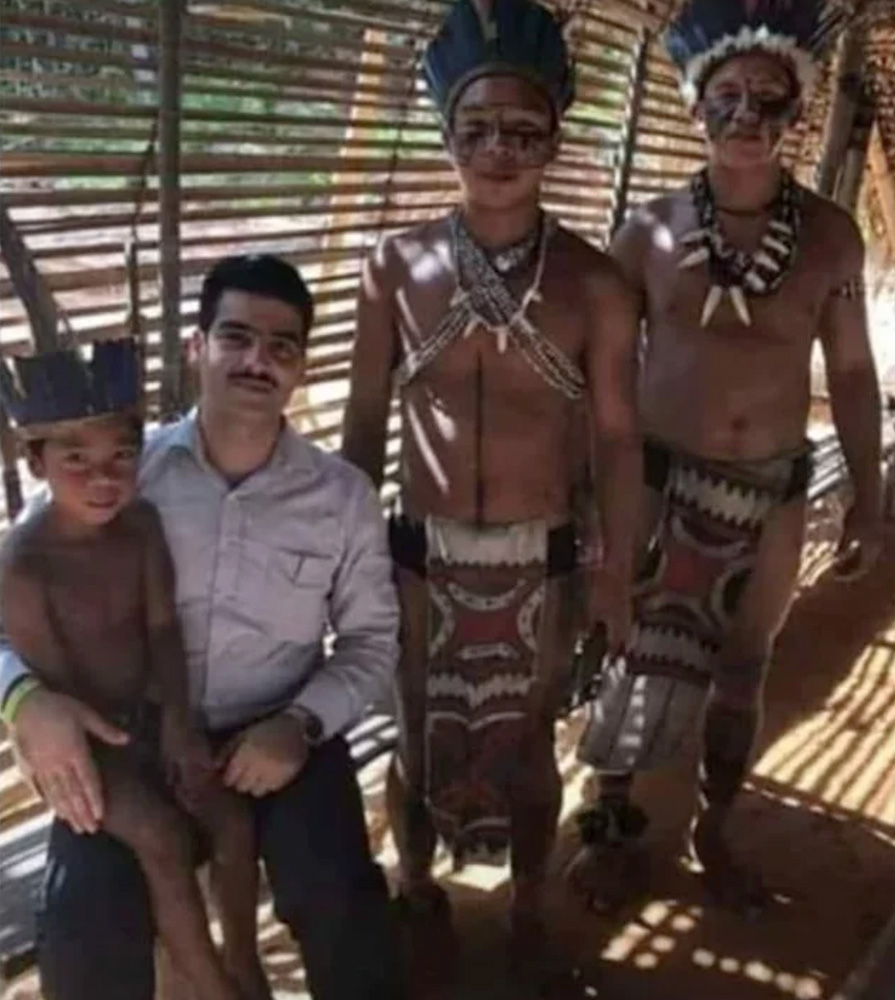
In this photo taken from Facebook and used by a variety of Brazilian media outlets, Abdulhakim Tokdemir, second left, poses with members of the Tuyuka people in 2019, in a village near Manaus, Brazil. Photo via Facebook
Bertoldo said the group is not giving up. “People told us that they intend to buy land in São Gabriel and build a local center, so they can be near the communities and not in hotels,” she said.
Damian, the Catholic bishop, has called the group a “fundamentalist sect.” The church has offered a class for community leaders about human trafficking to prepare them to avoid groomers, he said.
Reports have identified the group as part of the Süleymancılar, a Muslim community that takes its name from Süleyman Hilmi Tunahan, a prominent early 20th century Muslim scholar who resisted the process of secularization in Turkey instituted by President Mustafa Kemal Atatürk.
“It is a mystic order with a Sufi base, though they prefer not to mention this connection,” explained Atilla Kuş, a Turkish-born religious studies expert who has been living in Brazil for a decade due to his opposition to Turkish President Recep Tayyip Erdogan’s regime.
The Süleymancılar, with as many as a million members in Turkey and abroad, are currently divided into four groups, Kuş said, three of which receive support from Erdogan’s administration and by Turkish businessmen.
“In 2014, Erdogan met with sheikhs working in Latin America and pledged to give them financial support for the region’s Islamization,” he said.
Kuş believes the community has been present in Brazil for a few decades but has limited itself to attending to Muslims in the city of São Bernardo do Campo, on the outskirts of São Paulo. Its move to reach Indigenous peoples in the Amazon is probably a recent development, he said.
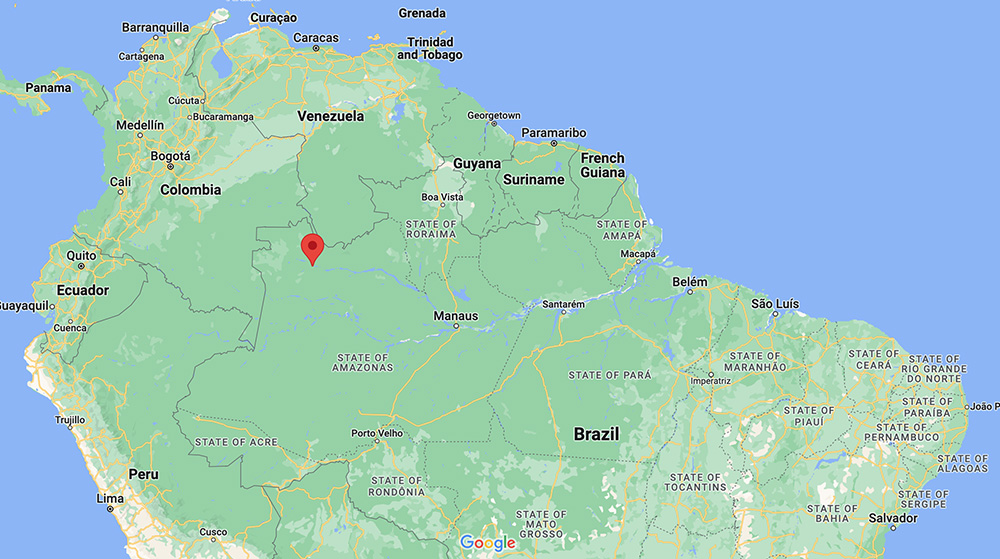
São Gabriel da Cachoeira, red pin, located in northwest Brazil. Image courtesy of Google Maps
“I do not know how they decided to operate in São Gabriel da Cachoeira. Publicizing Islam among Indigenous peoples is probably connected to a symbolic significance, an idea of taking the religion to the most distant places on earth,” Kuş affirmed.
In Turkey, among Erdogan’s constituency, the Süleymancılar’s failed mission in the Amazon has been praised, but in Brazil members of the country’s Legislature have assembled a commission to investigate the issue, Kuş noted.
Now he is worried about the scandal’s consequences for Islamophobia in Brazil, already a growing problem.
“As a Muslim, I think it is completely unethical to take advantage of a group’s vulnerability in order to convert it. Indigenous people are a vulnerable population segment in Brazil,” he said, adding that they are protected by a particular legislation.
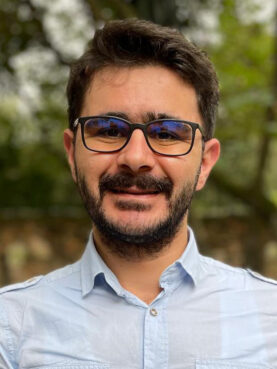
Atilla Kuş. Photo via Facebook
“They were clearly unaware of the Brazilian sociopolitical dynamics. They preferred to remain closed in their community and did not discuss those issues with other Muslims and with members of other faiths. If they did so, they would not make so many mistakes,” he analyzed.
Kuş said many Muslim congregations invite people from other countries to study in Turkey, and the Süleymancılar often host such. The severe discipline kept by them in Manaus, according to reports, is not uncommon in Turkish education, he added.
“But they certainly were wrong to conduct things like they did. Why did they focus only on Indigenous groups? Why did they need to take the boys to study in Turkey, if they could just help them to study in Brazil?” he asked.
Some Muslims had warned one of the Süleymancılar’s leaders in Brazil that trying to convert Indigenous peoples was a reprehensible “colonialist project,” a source who preferred to remain anonymous told RNS. Many Turkish Muslims in Brazil declined to comment on the scandal, fearing retaliation by Erdogan’s supporters.
“The Roman Catholic Church did exactly the same thing with Indigenous peoples for centuries. But now that Muslims are involved it has become a police case,” the unnamed person said.
Kuş hopes that people understand that the Brazilian Muslim community is diverse and most members do not approve of that group’s project.
“The media should not generalize it, because the Islam actually forbids that kind of action,” he concluded.
